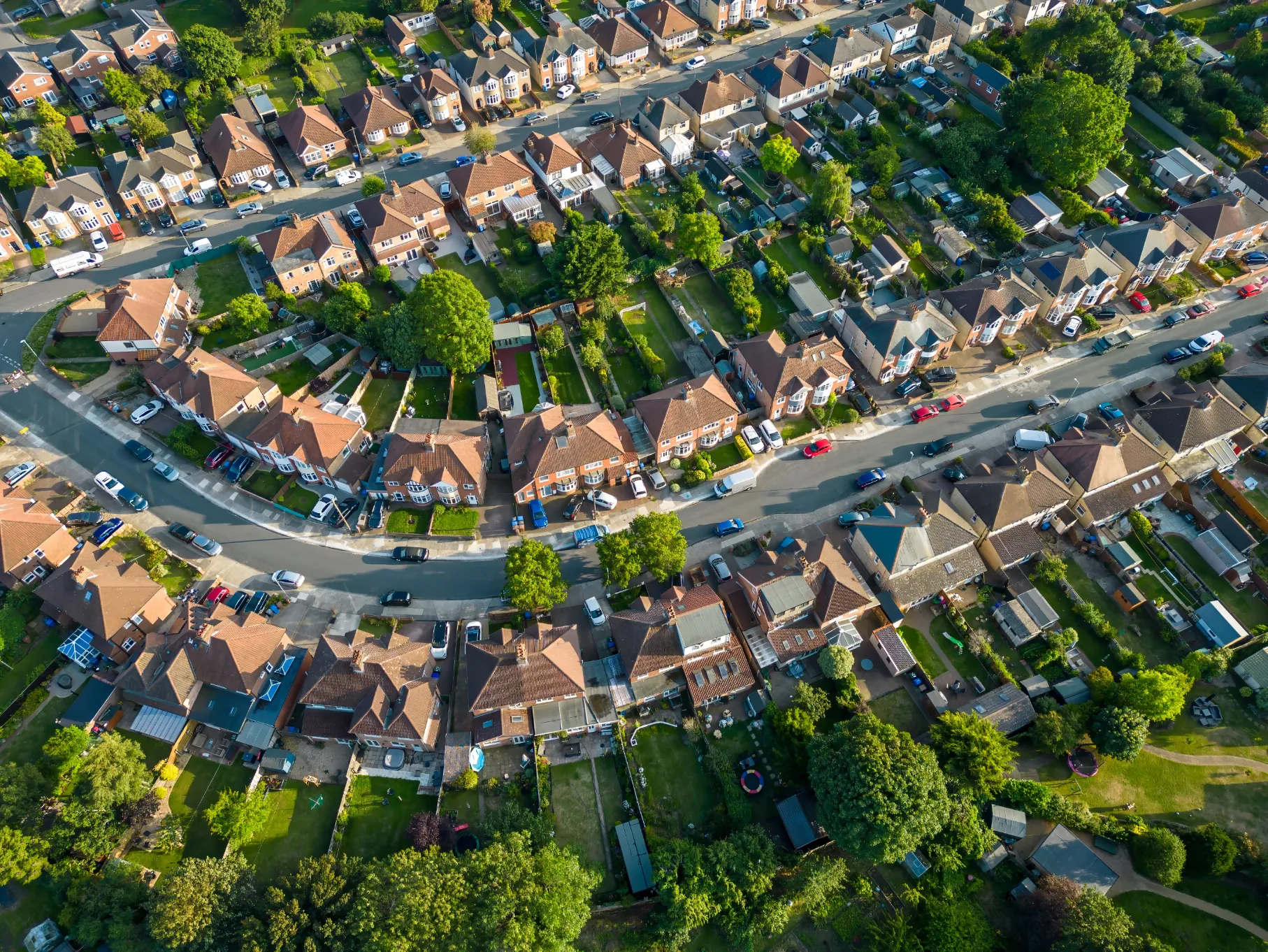The minimum deposit you’ll need for a specialist mortgage will depend on your situation and the kind of mortgage or loan you require.

Compare Best Mortgage Rates
On this page you can compare mortgage deals from across the market with our free best buys tool. You’ll also find information on the different types of mortgages and deposits required.
Talk to our experts today
Book an appointment with an adviser today and we’ll help you work out which mortgage deal is best for you and your requirements.
Compare Mortgage Rates from over 120 Lenders
Use our online mortgage comparison tool to find the best mortgages currently on the market in the UK and to compare mortgage lenders.
These are indicative figures only and may not represent all the costs associated with each product. For more information speak to one of our mortgage brokers on 023 8235 2300.
What Is the Best Mortgage You Can Get?
The best mortgage for you will depend on a few different factors – such as your income, your eligibility with lenders and your plans for the property.
A mortgage is a big and costly commitment, so learn about your options and seek independent advice.
How Can John Charcol Help?

John Charcol Expert Tip - November 2025
Finding the best mortgage isn’t just about chasing the lowest rate – fees, product features and flexibility can have just as much impact on the true cost of your borrowing. Our Best Buys bring together the most competitive deals from across the market, helping you compare options quickly and clearly.
With expert guidance alongside the numbers, we’ll help you understand which mortgage genuinely suits your plans and offers long-term value, not just an attractive headline rate.

Nicholas Mendes
Mortgage Rates FAQs
Can a mortgage broker get me a better deal than a bank?
If you use a high street lender – like a bank – they’ll only be able to offer a mortgage product from their range. We’re an independent mortgage broker with access to every lender on the market, which means we regularly have access to exclusive deals.
Which type of mortgage has the lowest interest rates?
The general rule is that residential mortgages with LTVs of up to 60% have the lowest interest rates, because they’re very secure investments for the lender. The borrower has a large amount of equity in their property from the outset and the mortgage is secured on their home, which means they’re more likely to keep up/prioritise their monthly payments.
Nonetheless, residential mortgages are completely different from buy-to-let mortgages and what you need will depend on the type of buyer you are and the property you’re purchasing.
Which banks offer the cheapest mortgage rates?
There’s no one bank or lender that offers the cheapest mortgage rates. Rates change all the time, not to mention the fact that a single lender’s products will vary.
How does the size of my deposit affect my mortgage rate?
The size of your deposit does affect the mortgage rates available to you. A bigger deposit will often give you access to lower rates. This is due to the fact that the more you have in deposit, the lower the LTV and the lower the risk for the lender should you fail to keep up payments on the mortgage. If the risk is lower than the lender can charge at a lower rate of interest.
Can I get a mortgage online?
Some high street lenders will let you apply for a mortgage online, but this could result in you missing out on a better mortgage deal. It’s always worth speaking with an expert over the phone as you can ask questions and receive advice about the different options available to you. If you do want to speak with an adviser, simply call us on 0808 291 4047.
How can I find the cheapest or best value mortgage?
To boost your chances of securing a potentially cheaper mortgage with a lower interest rate, you can:
- Provide a larger deposit
- Improve your overall credit profile
- Use a mortgage broker like John Charcol
It’s worth pointing out that there are other factors you need to consider besides the interest rate, when looking at mortgages. The mortgage term, loan-to-value and mortgage affordability will all impact the products available to you.